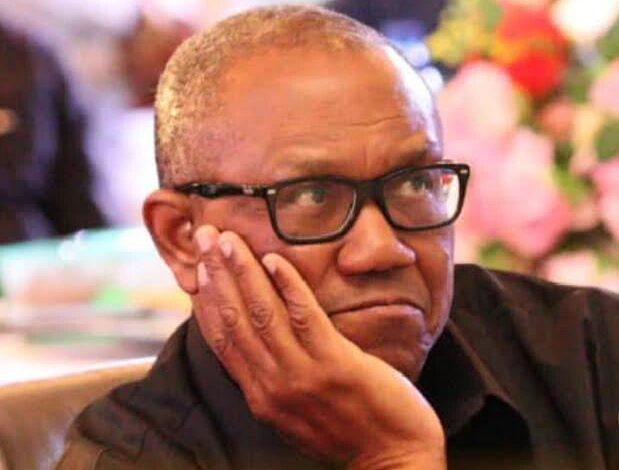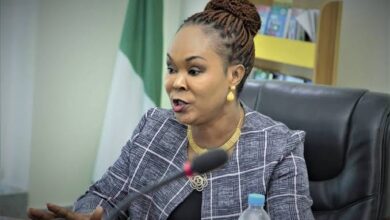Peter Obi Warns Of Looming National Instability Over Nigeria’s Education Crisis

The Federal Ministry of Education has launched its 2025–2027 Communication Strategy and Framework.
The strategy aims to strengthen transparency, public trust, and stakeholder engagement in Nigeria’s education sector, Diaspora Digital Media (DDM) reports.
The launch took place on Monday in Abuja and was led by the Minister of Education, Dr Tunji Alausa.
Dr Alausa described the strategy as a detailed blueprint for telling Nigeria’s education story “with clarity, credibility, and consistency.”
He emphasised that effective communication is a “critical success factor” in achieving the educational goals of President Bola Tinubu’s Renewed Hope Agenda.
The minister stated that communication is not just a supplementary activity but a central pillar of reform, accountability, and public confidence.
“Education goes beyond classrooms and textbooks; it is about shaping the future of our children and the prosperity of our nation,” he said.
He stressed that the nation’s educational future cannot be built in silence.
“It must be explained, debated, supported, and embraced by the Nigerian people,” Alausa added.
The minister commended President Tinubu for unprecedented budgetary allocations to education.
He noted that these funds have supported infrastructure upgrades, teacher training, and the rollout of the Nigeria Education Sector Renewal Initiative (NESRI).
Highlighting NESRI’s six priority areas, Alausa pointed out notable achievements in Technical and Vocational Education and Training (TVET).
He revealed that over 960,000 applications have been processed on the new digital platform.
He added that 58,000 students have been successfully matched to training centres through the programme.
From the 2025/2026 academic session, federal and selected state technical colleges will provide free tuition, boarding, and stipends to students.
On basic education, Alausa highlighted several accomplishments over the last six months.
Nearly 4,900 new classrooms have been constructed nationwide.
Additionally, 3,000 classrooms have undergone renovation.
More than 353,000 pieces of furniture have been supplied, benefiting around 2.3 million learners.
The ministry has identified nearly one million out-of-school children.
It has successfully reintegrated 35,000 learners into the formal education system.
Plans are underway to launch bilingual smart schools across 33 states.
Dr Alausa stressed that public awareness and engagement are crucial to the success of education reforms.
“Policies and programmes cannot succeed unless they enjoy the understanding, trust, and active support of stakeholders and the Nigerian public,” he said.
He observed that transformative initiatives in the past were often launched quietly, reaching only a limited audience.
This lack of awareness has sometimes led to misconceptions, resistance to change, or limited ownership among beneficiaries.
The new communication strategy aims to address these challenges by ensuring reforms are widely understood, discussed, and embraced by Nigerians.
The ministry hopes the strategy will create an inclusive and transparent environment for education policies.
Dr Alausa reaffirmed the ministry’s commitment to building a robust education sector aligned with national development goals.
He concluded that every child in Nigeria should have access to quality learning opportunities under the renewed reforms.
Kindly share!!
Post Views: 117





